No products in the cart.
 Andaman Islands: In Wonderland $49.82
Andaman Islands: In Wonderland $49.82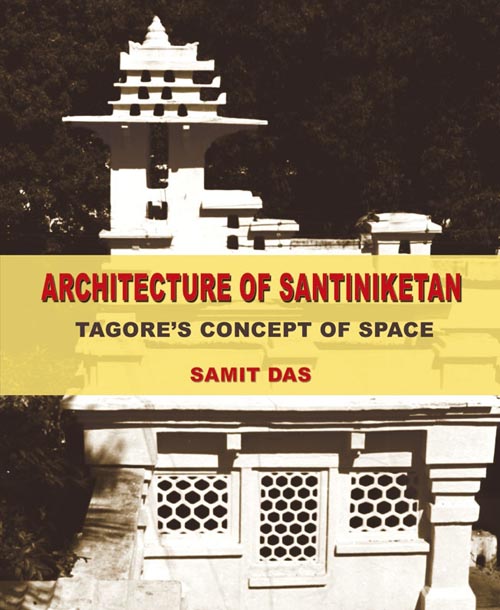 Architecture of Santiniketan: Tagore's Concept of Space $45.13
Architecture of Santiniketan: Tagore's Concept of Space $45.13Apocalypse Pakistan: an anatomy of ‘the world’s most dangerous nation
$24.91
Out of stock
Description
ABOUT THE AUTHOR:
:
Francesca Marino is an Italian journalist who has covered South Asia extensively. She writes regularly for Limes–Italian Review of Geopolitics and some of the most prestigious Italian and Swiss media. She won the Italian journalism prize ‘Il Luigiano d’oro’ in 2010. She is the Chief Editor of Stringer Asia, an online magazine on South Asia published since 1995. Francesca is also a photographer and her photo reportage has been published in international magazines like Geo. Her previous publication was India in 100 Immagini published in 2007 by Laterza in Rome. She has also translated a few books on Indian philosophy from English into Italian.Beniamino Natale isSenior Correspondent in ANSA (Agenzia Nazionale Stampa Associata, i.e., National Agency of the Associated Press), the main Italian news agency, in China since 2003. From 1992 to 2002, he was the Chief of the New Delhi bureau of ANSA. His last publication, L’uomo che parlava con i corvi (The Man who talked to the crows) was about his years as a correspondent in South Asia. He has made TV documentaries on Afghanistan, India and China.
ABOUT THE BOOK
:
Apocalypse Pakistan analyses the political and cultural evolution of the country from Zulfikar Ali Bhutto to the present day. The book is based on first person accounts, reportage and personal interviews with two generations of the Bhuttos, the Sharifs,Hamid Gul and also includes Mohammed Hafeez Saeed’s first ever interview to a woman journalist.
Pakistan is presently the battle ground on which the unceasing war between the West and the international Islamic terror groups is being fought. After the killing of Osama bin Laden in Abbottabad and the case of Raymond Davisâ€â€Âan undercover CIA agent who killed two ISI agents in Lahore but was later released because of his diplomatic statusâ€â€Âthe relations between the once staunch allies Washington and Islamabad
is at the lowest point in decades. How did they reach this point and how could they, for more than a decade, pretend to be fighting the same enemy together? Most importantly, what does the future hold for them and the rest of the world? Apocalypse Pakistan tries to answer these and more introspective questions, by analysing the political and cultural evolution of the Pakistani elite (generals, politicians, etc.) from Zulfikar
Ali Bhutto to the present, on topics like the relationship with Afghanistan and China, terrorism and nuclear proliferation. The book is based on first person accounts, reportage and personal interviews with two generations of the Bhuttos, the Sharifs, Hamid Gul and also includes Mohammed Hafeez Saeed’s first ever interview to a woman journalist. The book presents a multi-faceted history of contemporary Pakistan and offers a balanced view without taking sides or trying to offer solutions to govern the country.

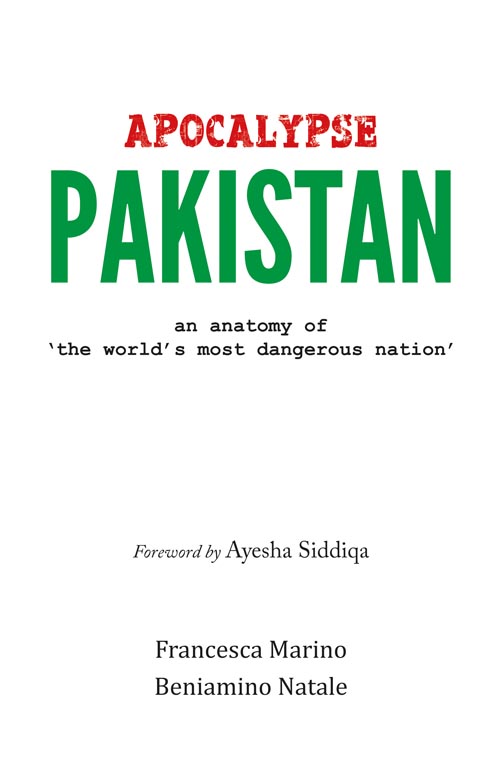
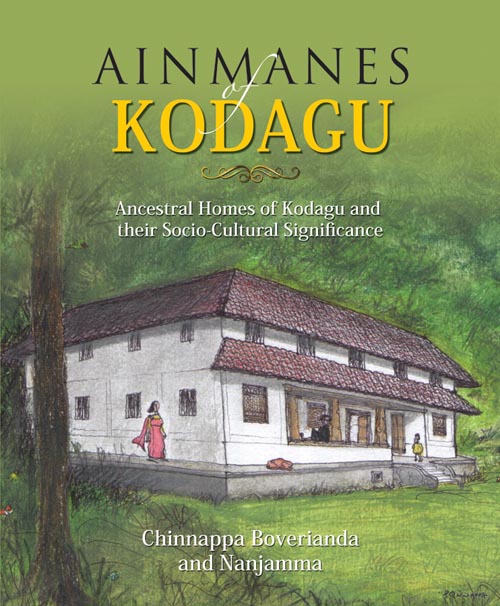

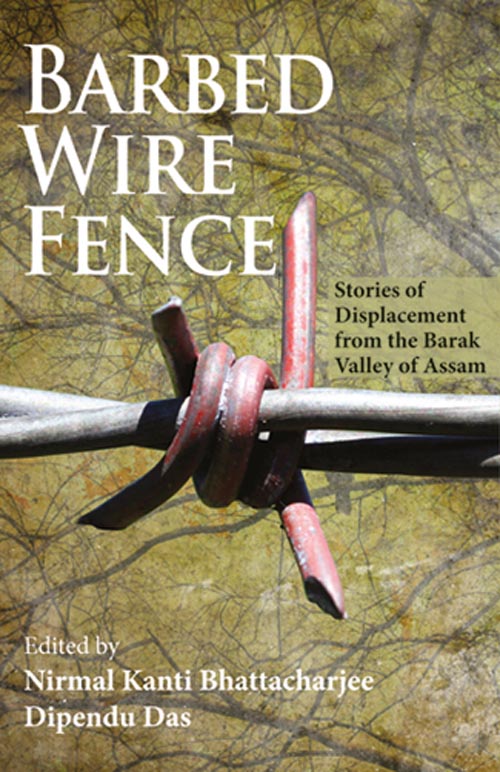
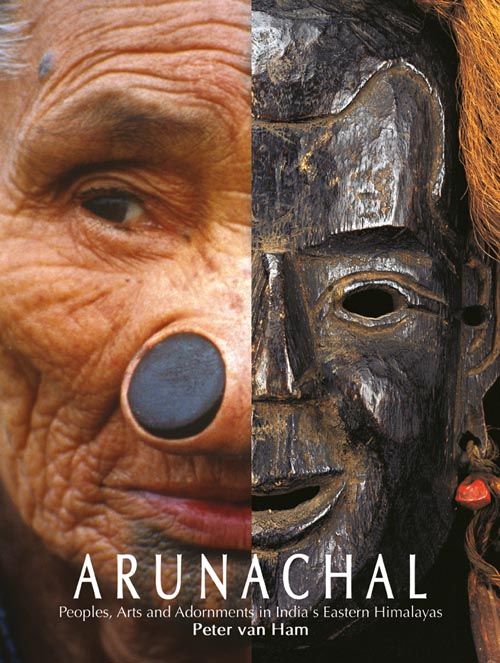
Reviews
There are no reviews yet.